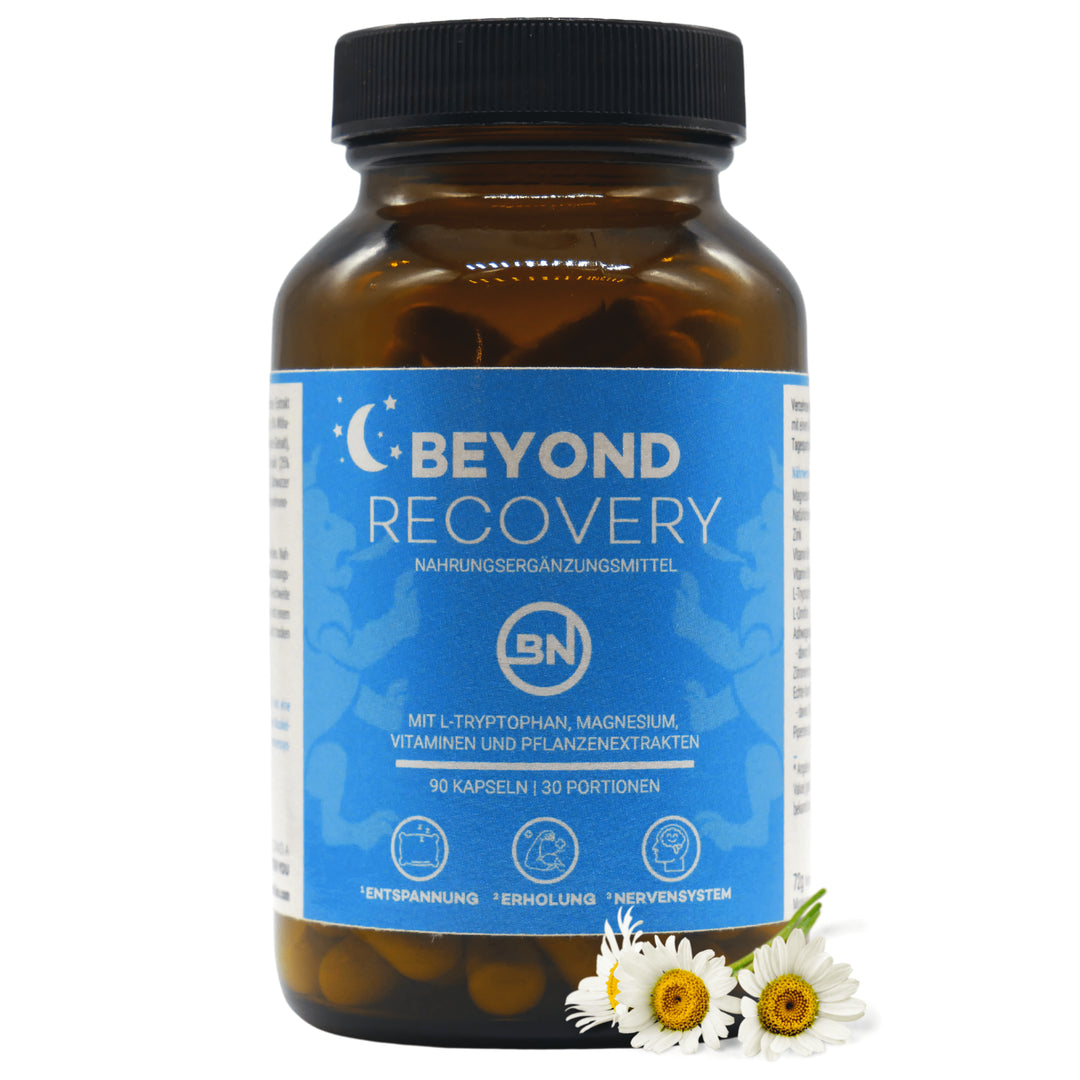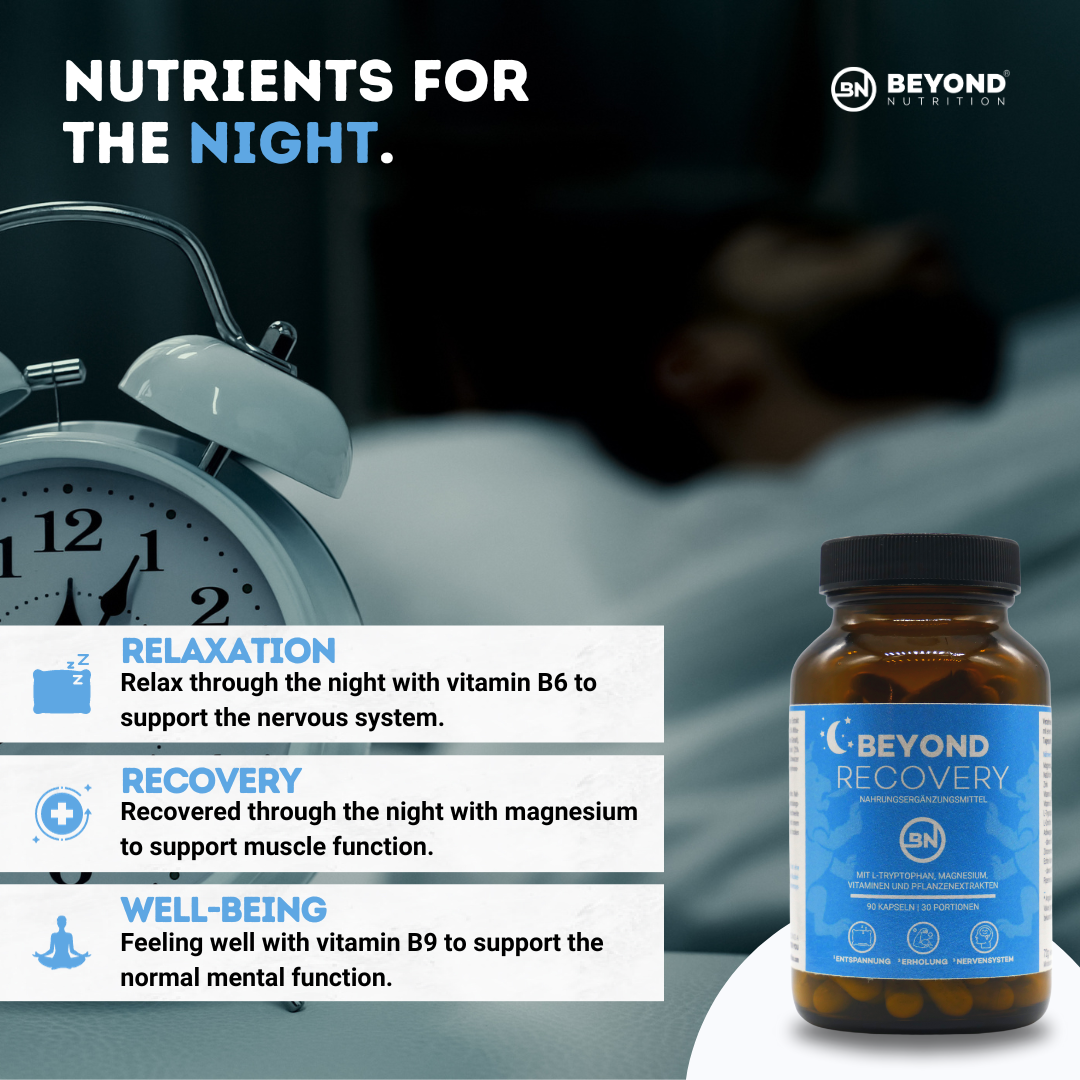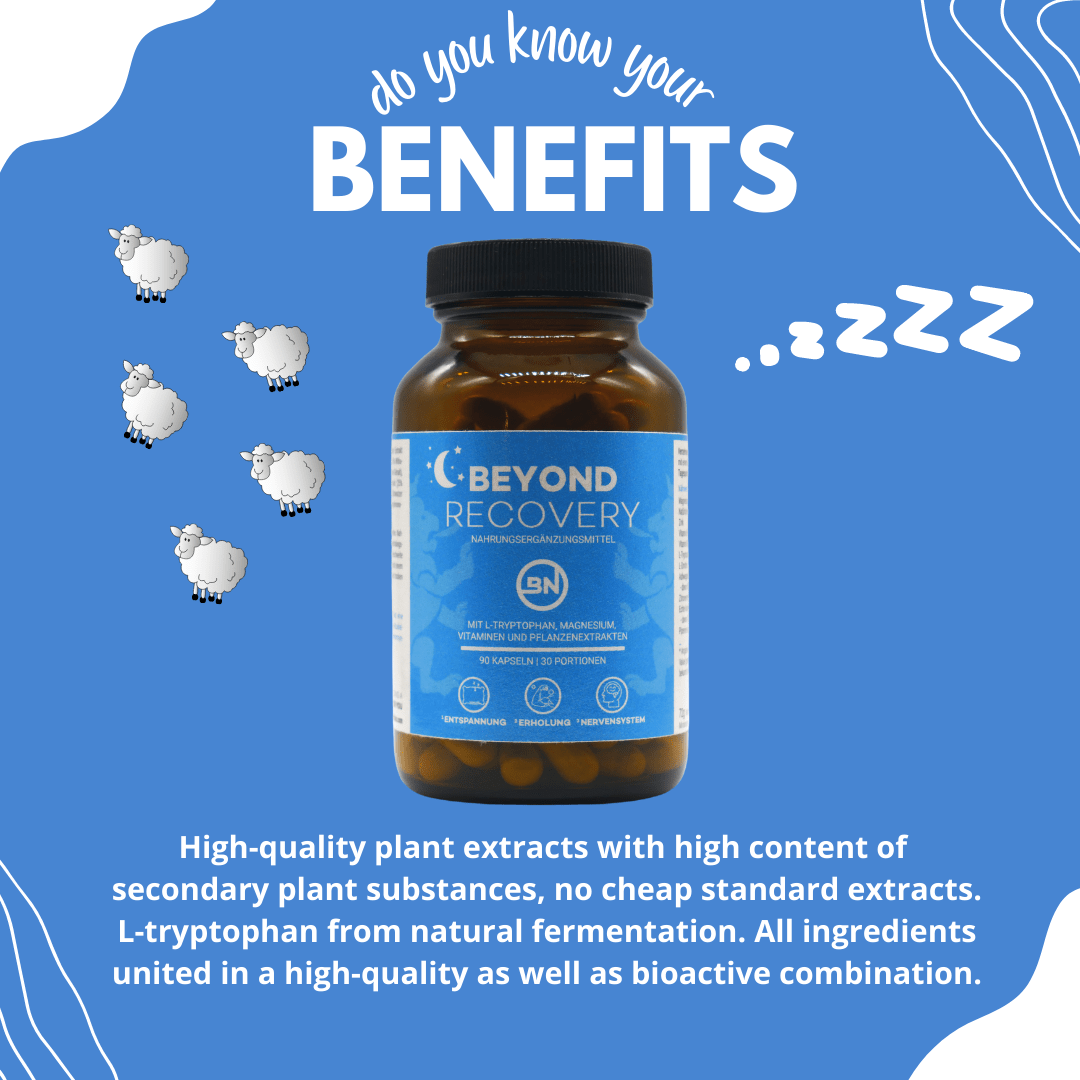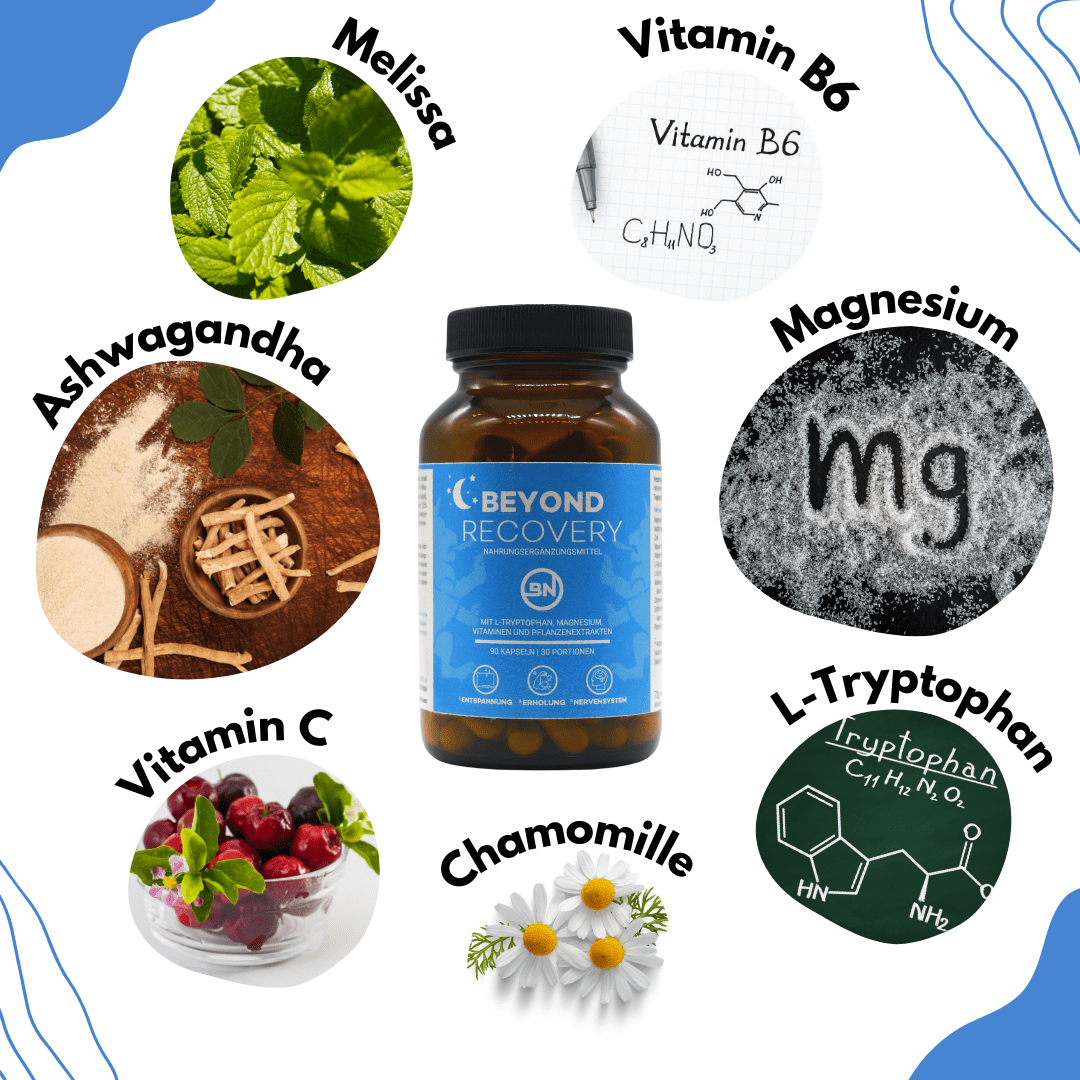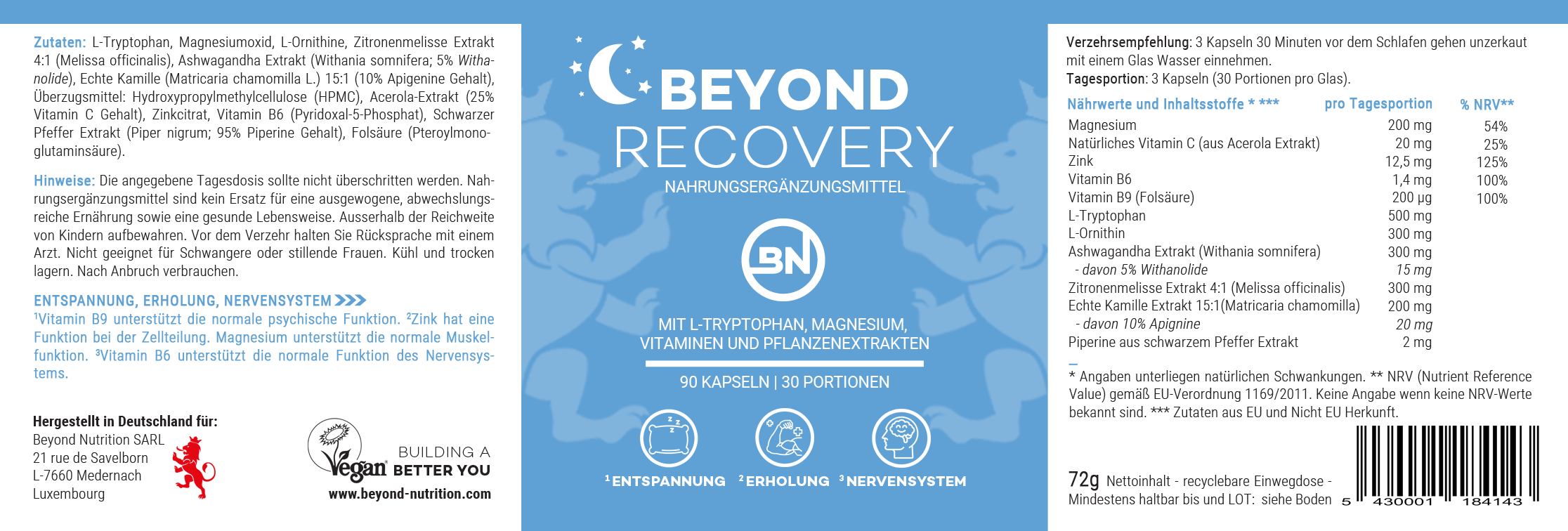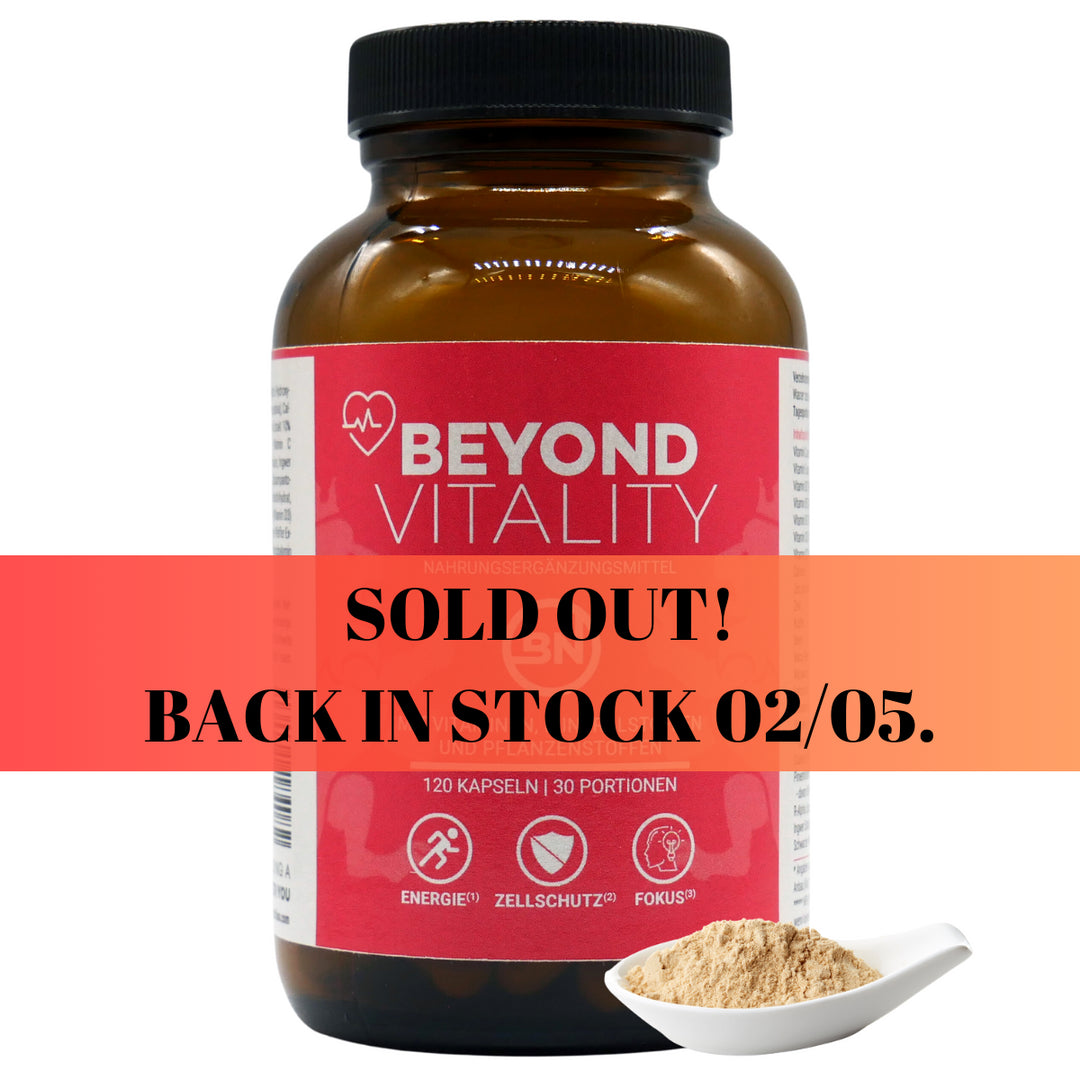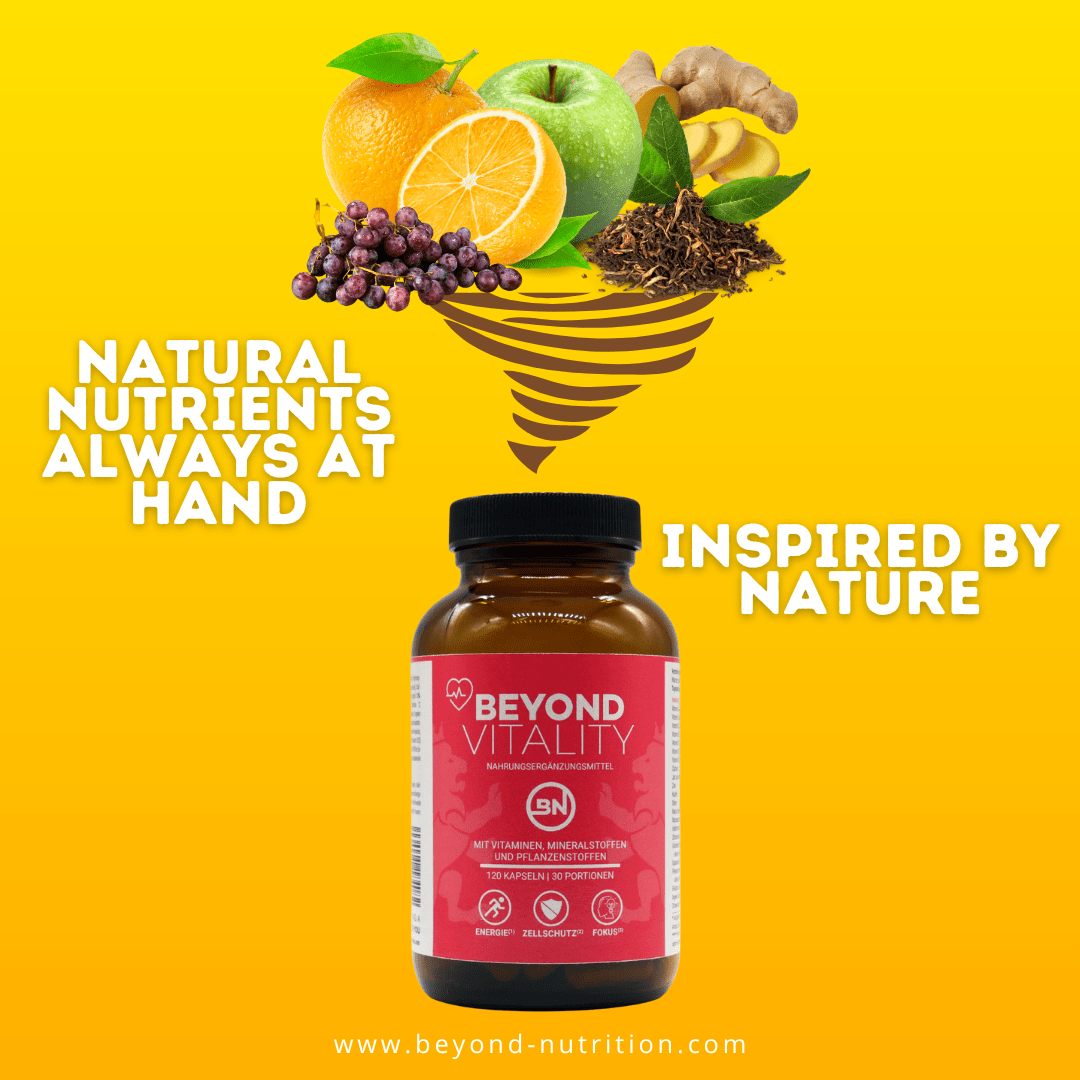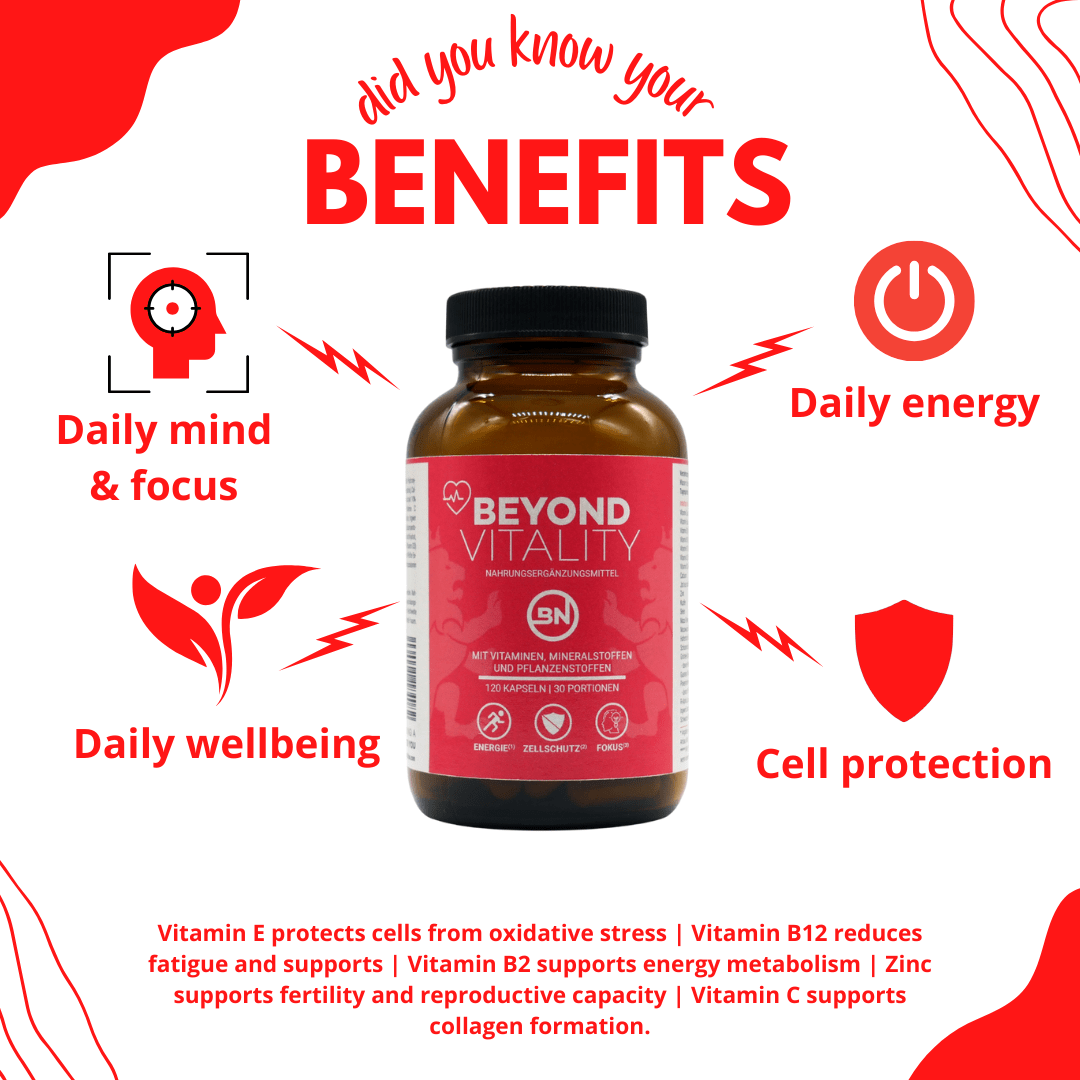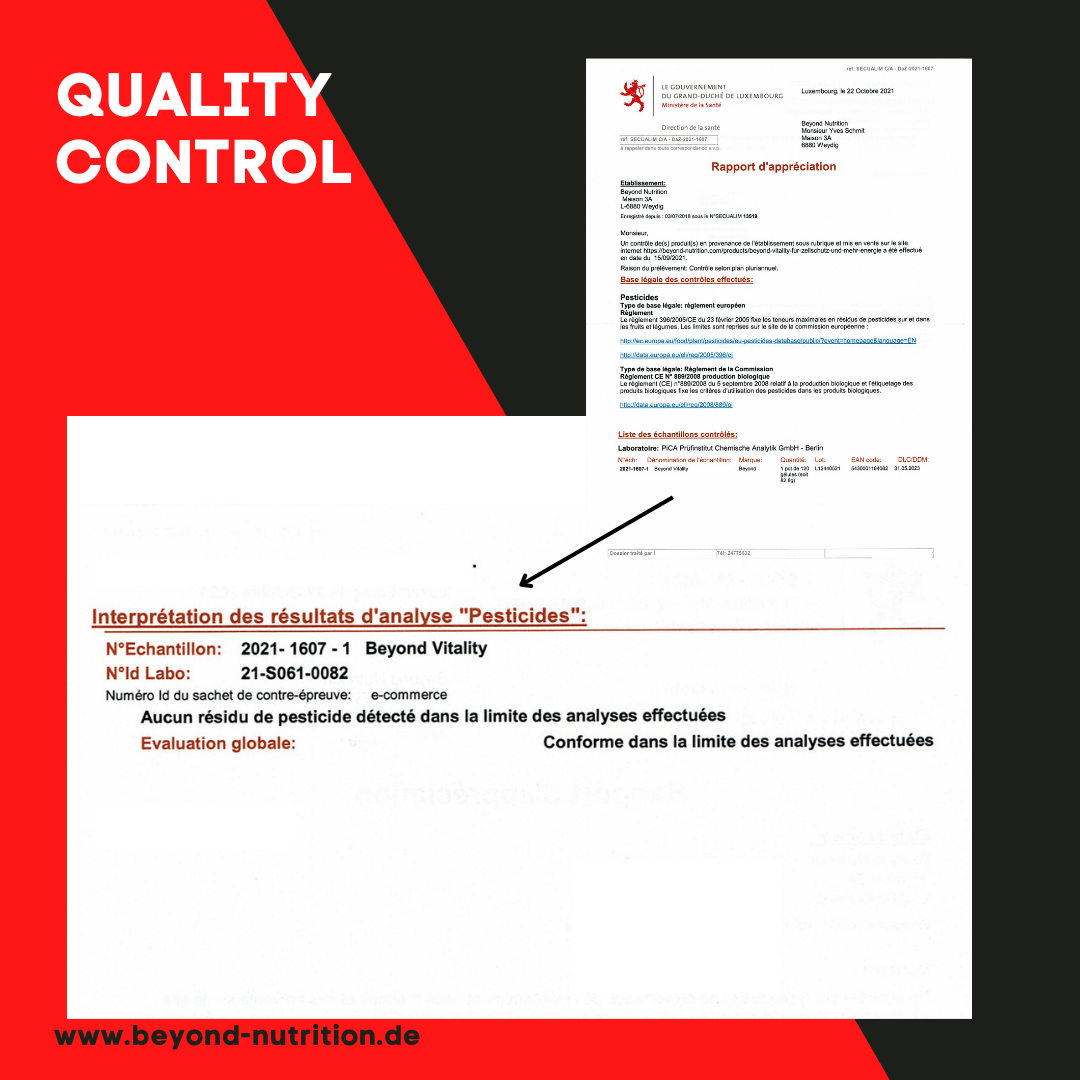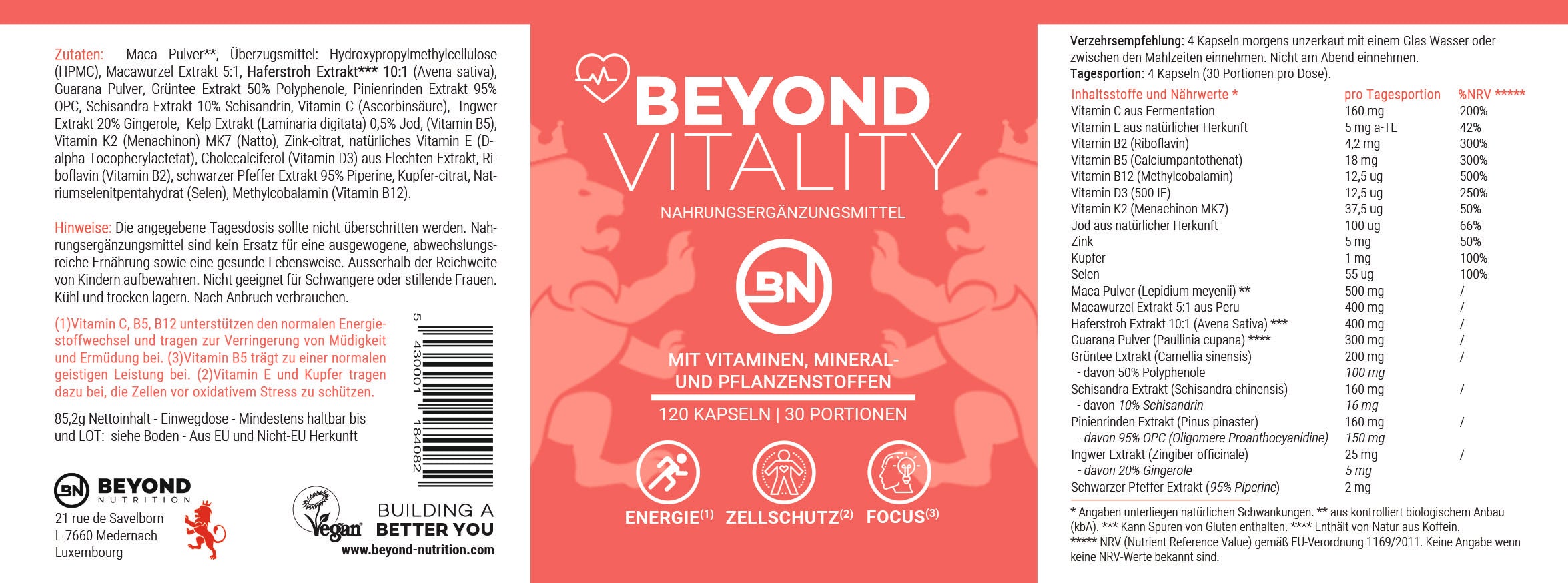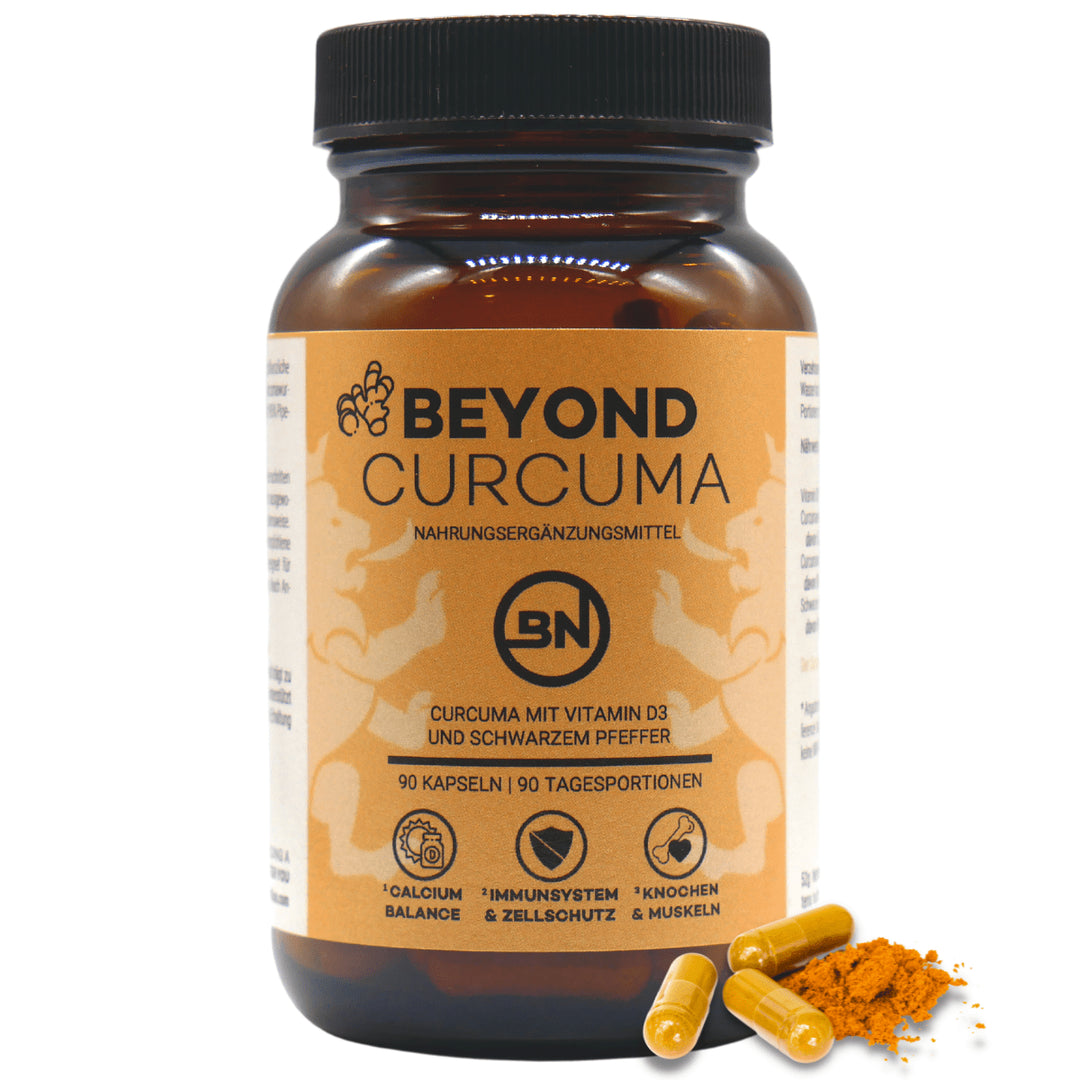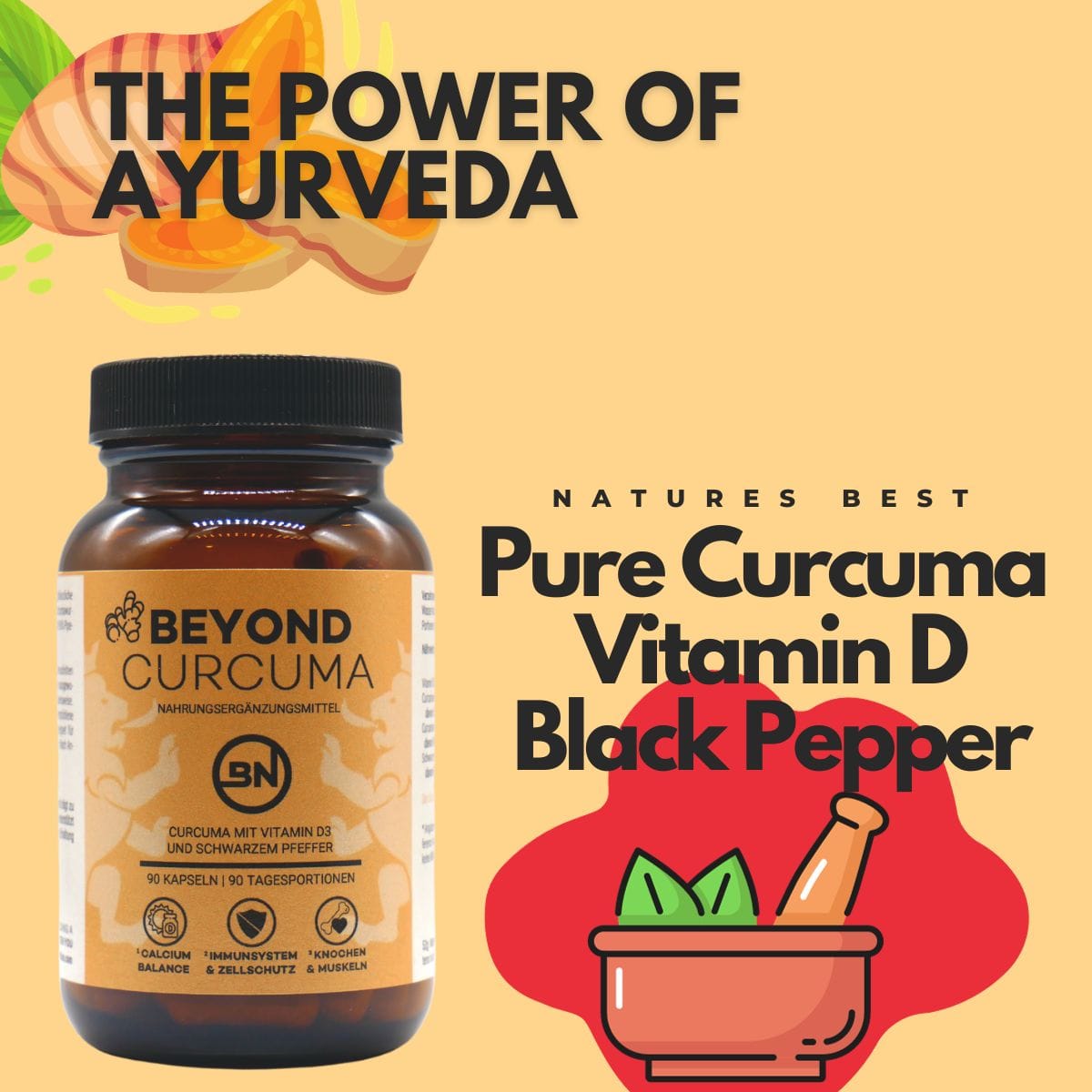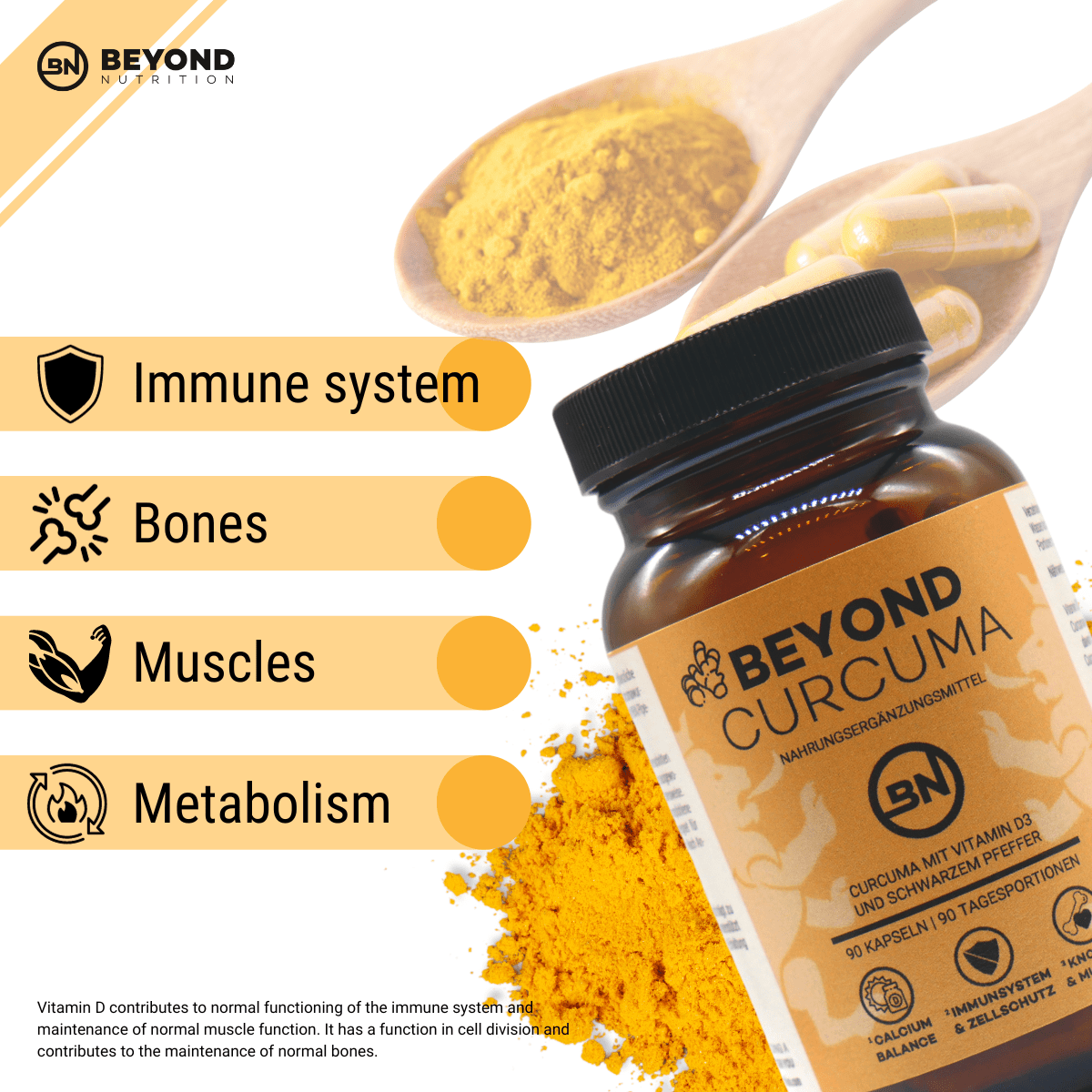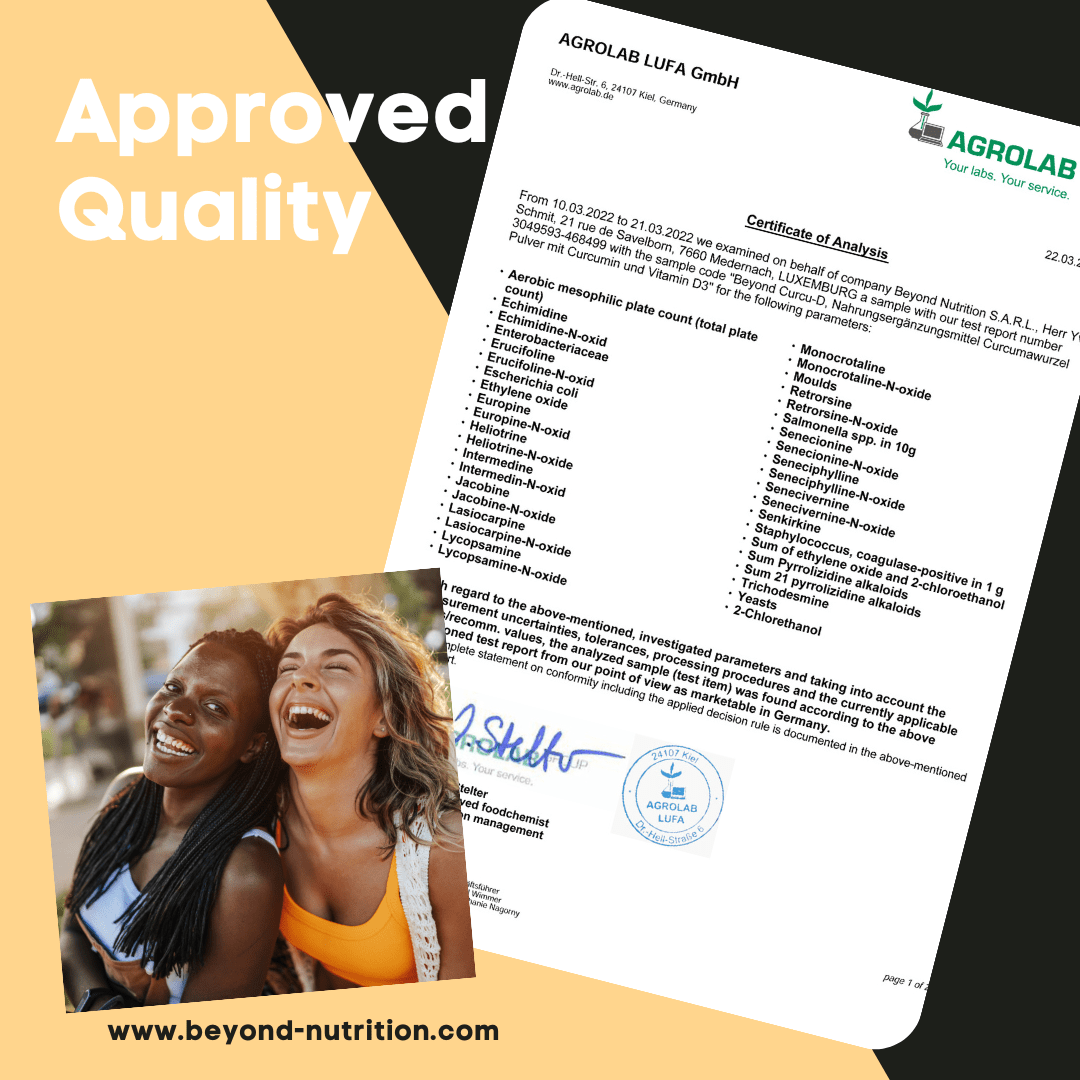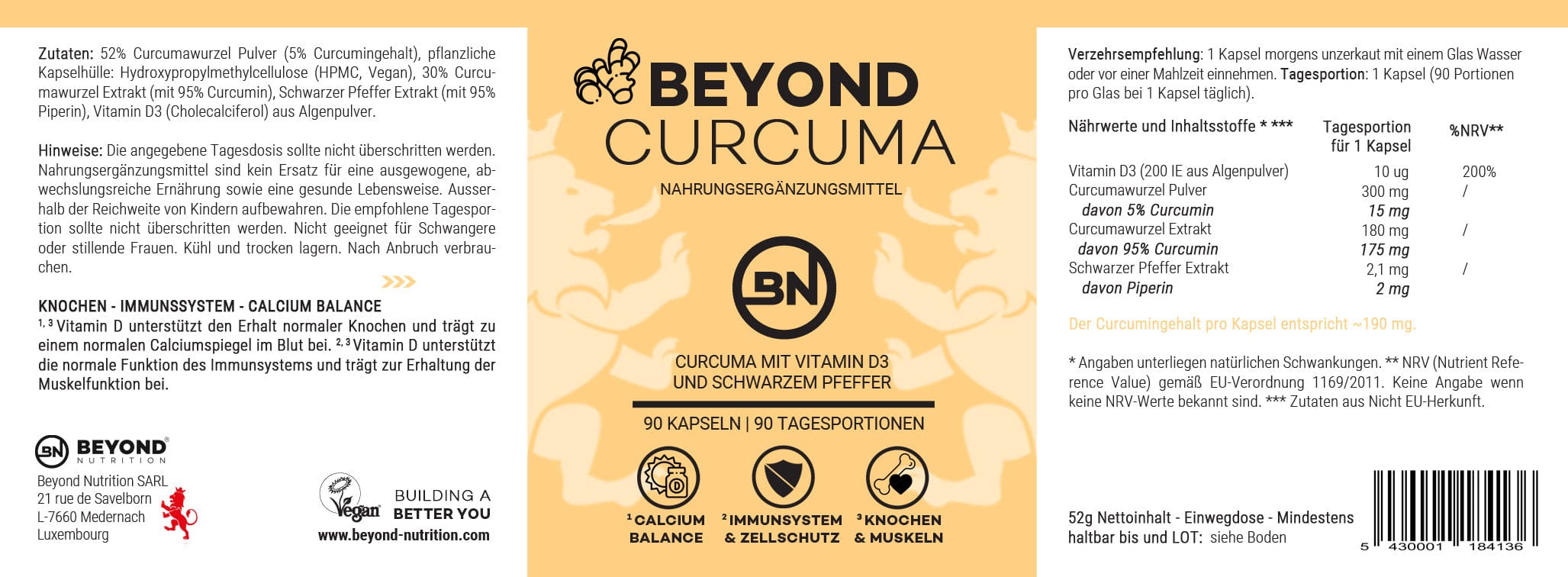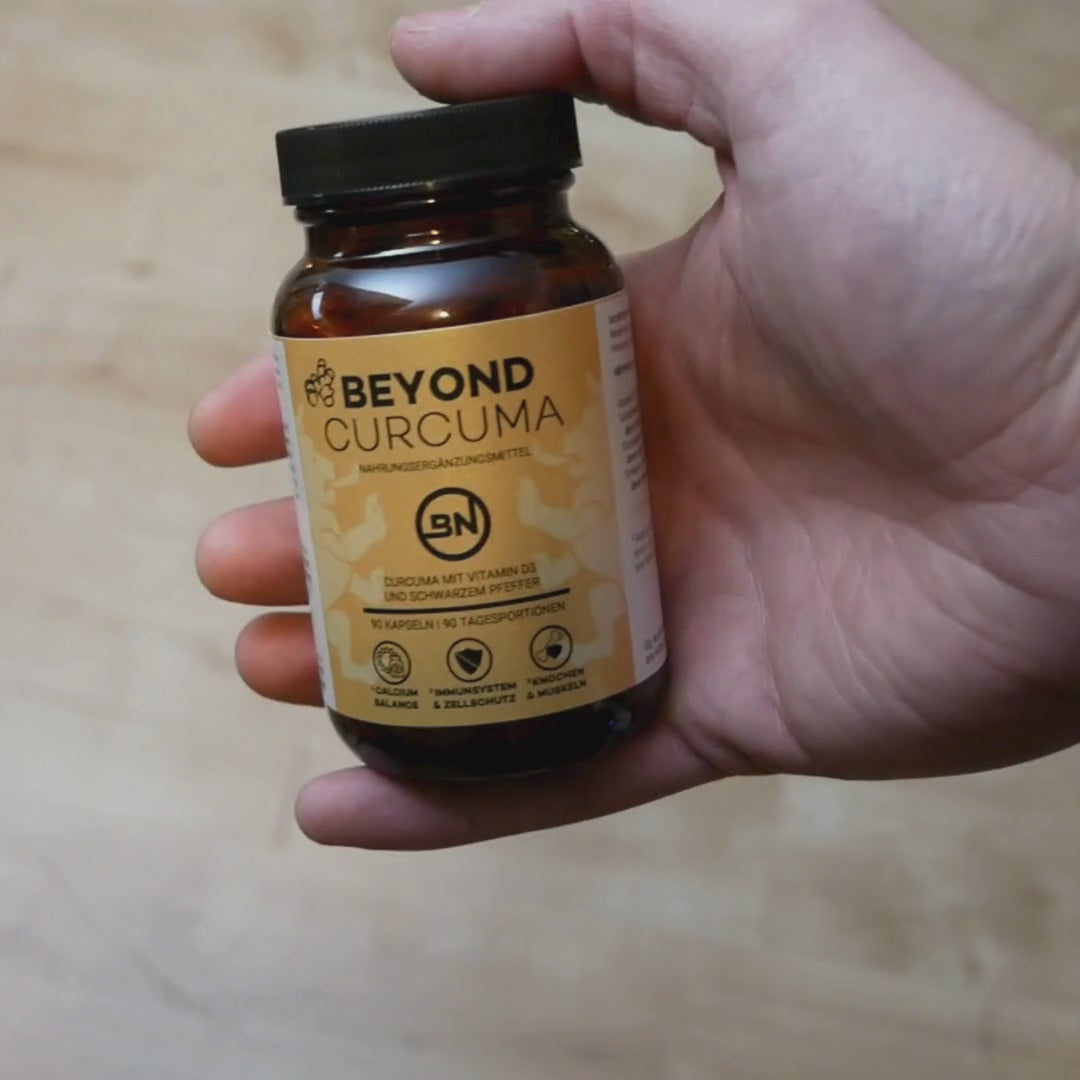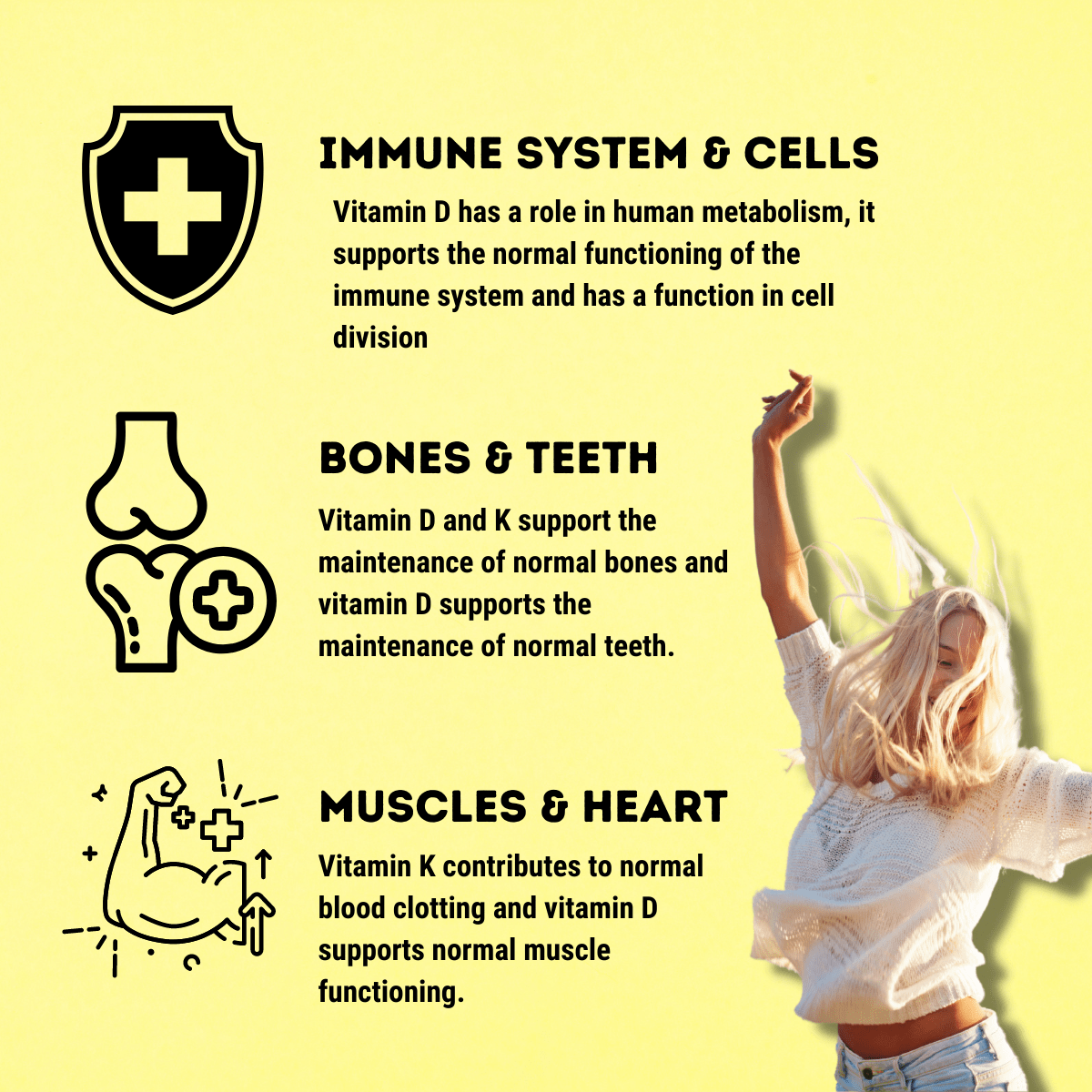Potassium: A key mineral for health and well-being

Potassium is a vital mineral that in many ways has a decisive influence on our health. In this article, we will take a closer look at potassium, why it is so important and how you can make sure that you have enough of it in your diet.
1. What is potassium?
Potassium is a chemical element with symbol K and atomic number 19 in the periodic table. It is an alkali metal and belongs to the same group as sodium and lithium. In the human body, potassium is mainly found in the cells and is crucial for numerous physiological processes.
2. Why do we need potassium?
Potassium plays a variety of vital roles in the body, the most important we have listed you here:
- Muscle contraction: Potassium is essential for the functioning of our muscles, including the heart muscle. It allows the transmission of nerve impulses to the muscles and ensures their contraction.
- Blood pressure regulation: Potassium helps lower blood pressure by compensating for the negative influence of sodium on blood pressure. Sufficient potassium intake can help reduce the risk of hypertension and heart disease.
- Metabolism: Potassium is involved in a variety of metabolic processes, including carbohydrate metabolism and protein synthesis.
- Electrical pulse transmission: Like magnesium, potassium plays a crucial role in the transmission of electrical impulses in nerve cells and between nerves and muscles.
3. Foods that contain a lot of potassium
A balanced diet is the key to absorbing enough potassium. Here are some foods that are rich in potassium. Try to incorporate these into your everyday life:
- Bananas: A medium-sized banana contains about 400-450 mg of potassium.
- Potatoes: A cup of boiled potatoes can provide more than 600 mg of potassium.
- Spinach: A cup of cooked spinach contains about 800 mg of potassium.
- Oranges: A large orange contains about 330 mg of potassium.
- Beans: A cup of cooked beans can contain up to 600 mg of potassium.
- Tomatoes: A medium-sized tomato has about 290 mg of potassium.
- Fish: Salmon and tuna are good sources of potassium while providing healthy omega-3 fatty acids.
It is important to note that the recommended daily intake of potassium can vary depending on age, gender and health status, but generally ranges from 2000 to 3500 milligrams per day for an adult.
4. Over-and under-dosing of potassium: consequences and signs
Both overdose and underdosing of potassium can cause serious health problems.
4.1. Under-dosage of potassium (hypokalemia):
Inadequate potassium intake, through one-sided or poor diet, can lead to a number of symptoms, including:
- Muscle weakness
- Fatigue
- Cardiac arrhythmia
- Increased blood pressure
- Constipation
Severe hypokalemia can be life-threatening and requires medical attention.
4.2. Overdose of potassium (hyperkalemia):
Too much potassium in the blood, called hyperkalemia, can also be dangerous and lead to the following symptoms:
- Muscle weakness or paralysis
- Confusion
- Cardiac arrhythmia
- Cardiac arrest
Hyperkalemia can be caused by kidney problems, certain medications, or excessive potassium intake. People with kidney problems or certain conditions should monitor their potassium intake under medical supervision. You should also avoid high-dose potassium products without discussing this with the doctor beforehand.
5. Studies on the importance of potassium:
The importance of potassium for the health of the cardiovascular system has been studied in numerous studies. The Dietary Approaches to Stop Hypertension (DASH) study [1], which ran for 20 years, showed that a diet rich in potassium can lower blood pressure.
An investigation published in the "New England Journal of Medicine" found that people who regularly ate potassium-rich foods had a lower risk of cardiovascular disease.
6. Conclusion
Potassium is an essential mineral that is vital for heart function, blood pressure regulation and metabolism. A balanced diet rich in potassium-rich foods can help support these processes and reduce the risk of cardiovascular disease.
However, it is important to observe the recommended daily intake of potassium to avoid both oversupply and undersupply. If you have any questions about potassium intake or health concerns, you should always consult a qualified doctor or nutrition expert.
Potassium is undoubtedly a key mineral for our health, and integrating potassium-rich foods into our diet can help make us feel vital and healthy.
Sources:
[1] The dietary approaches to stop hypertension (DASH) clinical trial: implications for lifestyle modifications in the treatment of hypertensive patients [ Pubmed ]




